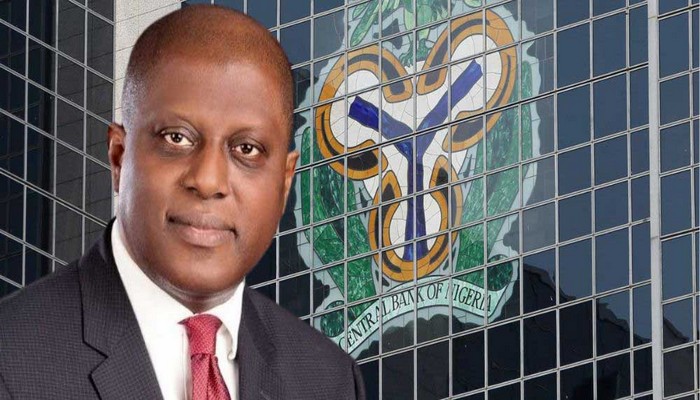
- Inaugurates of National Council on Skills
In addition to the efforts made by the Federal Government in the past four years to address unemployment, the inauguration of the National Council on Skills will further boost the employability of young Nigerians and as a result reduce unemployment in the country, according to Vice President Osinbajo, SAN.
The Vice President who stated this on Thursday at the inauguration of the National Council on Skills (NCS) at the Presidential Villa, said the council’s inauguration was an indication of the commitment of the Buhari administration to address problems associated with the skills gap and youth unemployment in the country.
While inaugurating the council, Prof. Osinbajo, who also chairs the council said, “the present administration has really prioritized the skilling and employment of Nigerian youths and this is borne out of what we have in our Economic and Recovery and Growth Plan.”
According to him, “We consider that vocational and digital technology skills are critical in the effort of this government not only to provide employment for our young people but also as an important feature of diversifying our economy.
“There is no question at all that one of the critical questions that come up all the time is the employability of our young men and women. It is becoming increasingly evident that it is not enough to have the certificate to compete favourably today. It is important that young men and women have requisite skills, technical and digital skills to enable them to find a place especially in the job market of this challenging 21st century.”
Speaking further on the responsibilities and objectives of the council the Vice President said the council shall amongst other things “formulate skills development policy and also layout plans and strategies for skills development in Nigeria.”
“The council will direct the conduct of regular skills survey to identify the skills gap in the country so that training will be demand-based and to fast track the institutionalization of the National Skills Qualification Framework in Nigeria, and also to enforce legislation on the use of certified professionals in the country.
“The council will also bring coherence to skills development in the country by the facilitation of policy formulation,” Prof. Osinbajo added.
The Vice President expressed hope that the national council which is the highest decision-making body on skills development in Nigeria, “is a major step forward for us in our human resource development plan”.
The council has Minister of Education, Mallam Adamu Adamu, as first Deputy Chairman, while Chairman of Dangote Group, Alhaji Aliko Dangote is second Deputy Chairman. Members include: Ministers of Finance, Budget and National Planning, Mrs Zainab Ahmed; Labour and Employment, Dr Chris Ngige; Science and Technology, Dr Ogbonnaya Onu; Industry Trade and Investment, Otunba Adeniyi Adebayo; Communications and Digital Economy, Dr Ali Isa Pantami; Works and Housing, Mr Babatunde Fashola; Sports and Youth Development, Mr Sunday Dare, Women Affairs, Mrs Pauline Tallen. Minister Adamu was represented at the inauguration by the Minister of State for Education, Mr Chukwuemeka Nwajiuba.
Chairman of the Governors Forum and Governor of Ekiti State, Dr Kayode Fayemi; his Borno State counterpart, Prof. Babgana Zulum and the Deputy Governor of Kano State, Alhaji Nasiru Yusuf Gawuna, who represented Governor Abdullahi Ganduje, were present at the inauguration. Other Governors who are members of the council include Dr Ifeanyi Okowa of Delta State; Mr Rotimi Akeredolu of Ondo; Mr Willie Obiano of Anambra; and Alhaji Yahaya Bello of Kogi State.
The membership of the council also includes the representatives of the Nigerian Association of Chambers of Commerce, Industry, Mines and Agriculture (NACCIMA), Manufacturers Association of Nigeria (MAN), Nigeria Employers’ Consultative Association (NECA), Council for the Regulation of Engineering in Nigeria (COREN), National Universities Commission (NUC), UK Department For International Development (DFID), National Board for Technical Education (NBTE), while the Director, Technology and Science Education in the Federal Ministry of Education, is the secretary.






